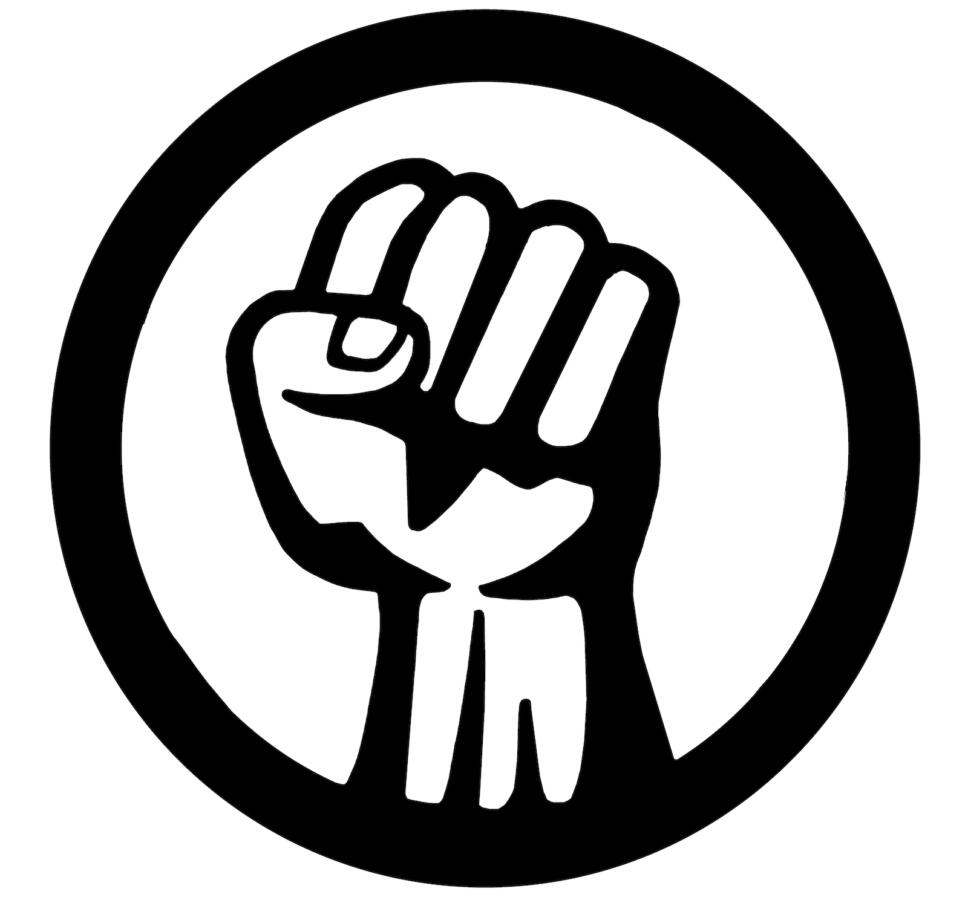Struggles for power emerge repeatedly in the biblical Book of Numbers, where no less than seven rebellions threaten to dismantle the structure of the Israelite community. The best-known is the one in this week’s Torah portion, in which power and authority are contested by a charismatic leader.
Korach, a cousin to Moses, Aaron, and Miriam and a fellow member of the tribe of Levi, holds a position of communal prominence, but he wants more. So he rallies thought leaders and political figures to his cause, claiming to be the people’s champion. “All in the community are holy, all of them, and the Lord is in their midst,” he declares. “Why then do you raise yourselves above the Lord’s congregation?” (Numbers 16:2-3)
Not only does Korach misrepresent the legitimacy of Moses and Aaron — each were assigned a leadership role not of their own choosing — but he also impugns God’s choice of earthly representatives. In so doing, Korach’s assault on Moses and Aaron is really an assault on the foundations of the community, an attack on the nation he purports to defend. Beneath Korach’s lofty words lies a deep-seated desire for power. This unquenchable thirst represents a profound imbalance within him, as real satisfaction lies not in accumulating authority, but in finding purpose and meaning within oneself. Korach’s quest for power would never have led to fulfillment.
Charismatic leaders like Korach have existed throughout history. Able to captivate the masses with their powerful rhetoric and magnetic presence, such people possess a unique ability to inspire unwavering loyalty and devotion among their followers. The allure and the danger of such leaders is well captured by the biblical account. But the text also provides a model of how power can be wielded ethically in Moses’ response to Korach’s confrontation: He falls to his face.
With your help, My Jewish Learning can provide endless opportunities for learning, connection and discovery.
This response may seem counterintuitive. But rather than confronting Korach’s aggression in kind, Moses chooses a gesture of self-control and humility. Moses understands that true power lies not in dominating others, but, as the ancient sage Ben Zoma taught, in the ability to curb one’s own ego. (Pirkei Avot 4:1) Moses demonstrates the importance of self-mastery in wielding power responsibly. He offers an alternative path toward and through power, one that does not rely on domination but rather on mindful action.
In the pursuit of ethical power, the Talmud offers a profound insight: “A wise person loses their wisdom through anger, and a prophet loses their prophecy through anger.” (Talmud, Pesachim 66b) Anger would have been an understandable response to Korach’s brazen attempt at usurpation. But true power is not the product of forceful assertions or aggressive behavior. Moses’ example should encourage us to approach conflict with a willingness to seek peaceful resolution rather than win a war.
Instead of seeking power for power’s sake or using it to dominate others, let us strive for ethical power that uplifts, inspires and fosters harmony, learning to appreciate more deeply the blessing of calm stewardship for this rocky world of ours. Let us embrace the qualities of humility, self-control, kindness and compassion in our pursuit of leadership and influence. In doing so, we can align ourselves with the ideals of ethical power exemplified by Moses and advocated throughout Jewish tradition.
When harnessed responsibly, power has the potential to transform lives, build communities and create a more just and compassionate world. When misused, power can become an adversary that corrupts and destroys. It is incumbent upon us to approach power like Moses did — with humility, recognizing its potential for both positive and negative consequences.
Parashat Korach serves as a reminder of the pitfalls of unchecked ambition and the transformative potential of ethical power. Let us aspire to become and to choose leaders who use power as a force for good, inspiring others and creating a more harmonious and just society. As we embark on this journey, let us embrace the words of the Talmud: “He who walks humbly with others is considered as if they have walked with the Divine Presence” (Talmud, Sotah 5a). May we strive to embody this ideal and make a positive difference in the world through the ethical use of power.



